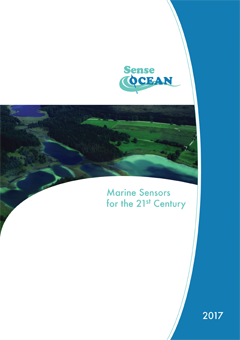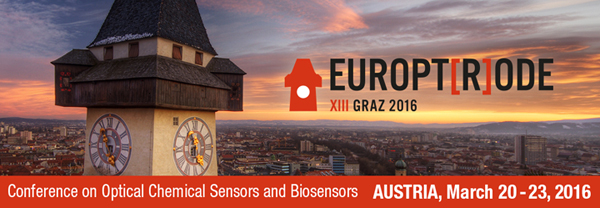SenseOCEAN hosted a stand at the Bioeconomy village on 16-17th November in Brussels, part of a wider event organised by the European Commission, the Horizon 2020 Societal Challenge 2 Info Week. The aim of the Bioeconomy village was to highlight successful EU funded projects and initiatives on bioeconomy.
... more
















